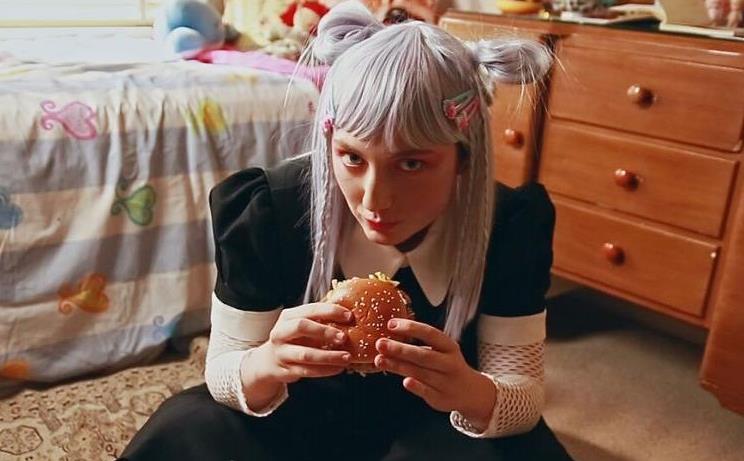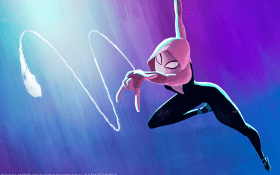In an open letter published 8 July in the Sydney Morning Herald, major players in Australian film have vocalised their discomfort with the social media pushback against Mukbang, a short film for which Eliza Scanlen won Best Director.
The letter, signed by Australian filmmakers, writers and artists including Tony Ayres, Warwick Thornton, Larissa Behrendt, David Michôd, Christos Tsiolkas, Mahmood Fazal, Rachel Perkins, and Nash and Joel Edgerton, has a clear thesis statement:
The signatories acknowledge systemic racism in Australia, and praise the impulse to discuss racism openly. However, the letter is critical of the tone and scope of recent discussions of race in Australian film, especially on social media. It describes the discourse as ‘misguided and ahistorical’ describing the recent spate of criticism as failing to consider that the festival’s Director Nashen Moodley as ‘a South African person of colour, who has in his programming career long championed the works of filmmakers from Africa and Asia in particular,’ and praising the festival’s partnership with the Indigenous branch of Screen Australia, and its Screenability and Voices of Women in Film programmes,





